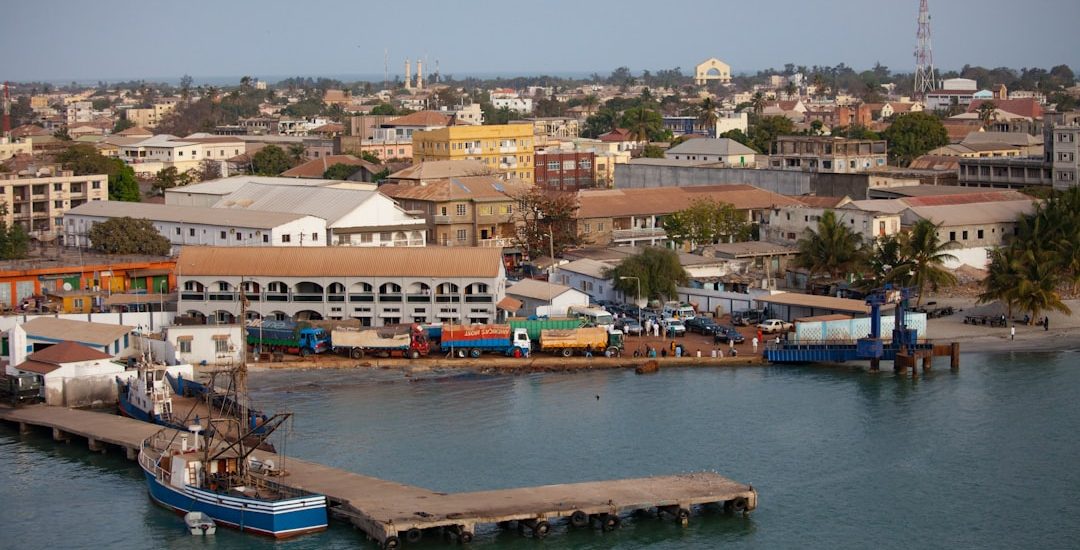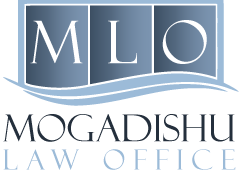Port Investment Risks Rise Amid Security Challenges
- June 9, 2025
- Posted by: Haji Osman
- Categories: Business News, Industry Focus, International, Investment & Trade, Legal Insights

We observe significant developments affecting Somalia’s port sector that require immediate attention from our clients and the business community. While no new port-specific legislation has emerged recently, critical changes in security protocols, governance oversight, and tax policy are reshaping the legal landscape for maritime operations and investment.
The United Nations recently extended sanctions on al Shabaab with renewed focus on maritime security threats, according to UN officials. This comes as collaboration between al Shabaab and Yemen’s Houthis has escalated risks to commercial shipping in the Red Sea and Gulf of Aden. Maritime security reports indicate 47 piracy-related incidents since November 2023, causing shipping through the Suez Canal to drop by 50-60% and forcing vessels to reroute around the Cape of Good Hope at substantial additional cost.
We advise our clients that these security developments create immediate legal obligations. Port operators and shipping companies must enhance compliance with international sanctions, strengthen due diligence procedures for cargo and vessel movements, and review contractual risk management provisions. The UN’s intensified investigation mandate means increased scrutiny of port-related business activities, particularly regarding anti-terrorism and anti-piracy compliance.
Simultaneously, heightened scrutiny has emerged regarding dual citizenship issues affecting government officials with business interests spanning multiple jurisdictions. Recent cases involving senior officials highlight potential conflicts between U.S. and Somali legal obligations, creating compliance risks for businesses working with such individuals.
Tax Reform and Compliance Requirements
The UN Special Rapporteur’s May 21 call for universal taxation in Somalia signals forthcoming changes to port-related revenue frameworks. While specific legislation has not yet materialized, we anticipate new or revised customs duties, excise taxes, and corporate tax obligations affecting port operations.
We recommend our clients begin preparing for expanded tax compliance requirements. This includes reviewing existing contracts for tax allocation clauses, assessing current customs procedures, and establishing relationships with local tax authorities. Early preparation will prove essential as Somalia moves toward increased revenue generation through its maritime sector.
Building on our recent coverage of Somalia’s evolving legal frameworks, we note that progress in judicial system development offers improved contract enforceability. However, ongoing security challenges mean legal certainty remains limited, particularly for cross-border transactions and dispute resolution.
Strategic Response for Port Investors
We identify three priority areas for immediate action. First, enhance security risk management through updated insurance coverage, revised operational protocols, and strengthened supply chain due diligence. The current maritime threat environment requires comprehensive risk assessment and mitigation strategies.
Second, strengthen compliance frameworks for sanctions, dual nationality issues, and anticipated tax changes. We advise implementing robust know-your-customer procedures, regular compliance audits, and clear documentation of all business relationships with government officials or dual nationals.
Third, prepare contractual frameworks for evolving regulatory requirements. Include comprehensive force majeure clauses covering security incidents, enhanced dispute resolution mechanisms accounting for improved but still developing judicial systems, and flexible tax allocation provisions anticipating regulatory changes.
The absence of new port-specific legislation should not diminish urgency regarding these developments. Security threats, governance scrutiny, and tax reform collectively create a transformed operating environment requiring proactive legal strategy. We continue monitoring regulatory developments and maintain active engagement with Somali authorities to provide our clients timely guidance on emerging requirements.
Businesses currently operating in or considering investment in Somalia’s port sector should conduct immediate compliance reviews and update their legal frameworks accordingly. The convergence of security, governance, and fiscal policy changes creates both challenges and opportunities for properly prepared investors.

